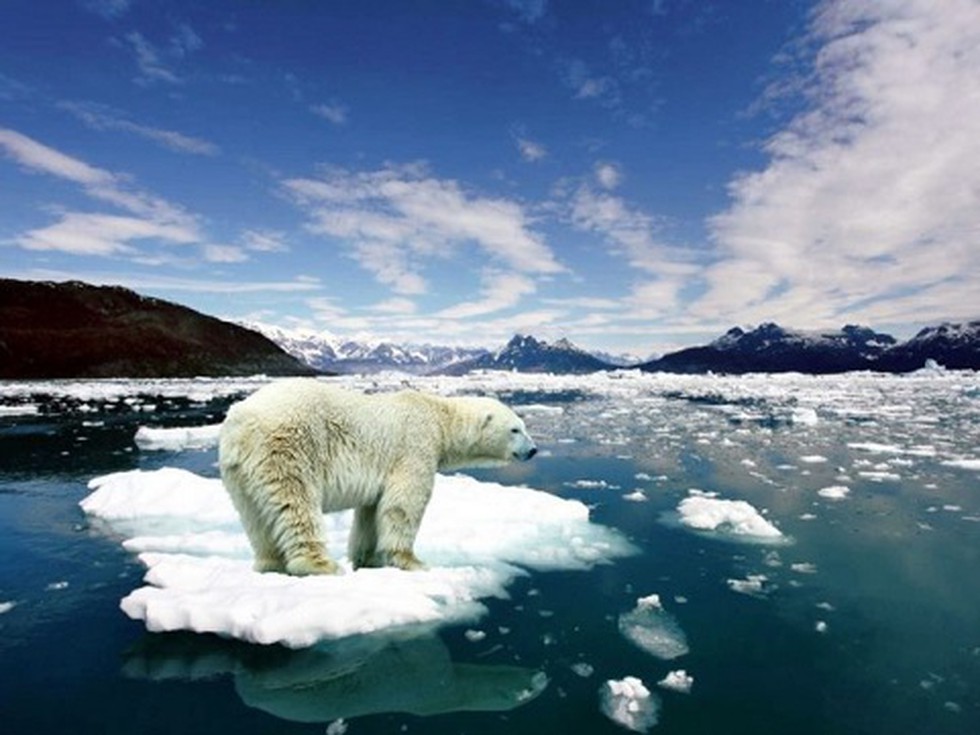Background:
- The latest report, on Ocean and Cryosphere, is the last in a series of three that the IPCC had been asked to produce to assess the impacts of climate change on specific themes.
- The first of these, examining the feasibility of restricting global rise in temperatures to within 1.5°C from pre-industrial times, was submitted in October last year.
- It was followed in August this year by a report on how land systems contribute to and are impacted by climate change.
Key findings of the report:
- The global mean sea level had risen by 16 cm between 1902 and 2015, and that the rate of increase had doubled in the last one decade.
- The sea levels were rising because of thermal expansion of ocean waters due to rising temperatures as well as due to melting of glaciers and polar ice.
- Between 2006 and 2015, the Greenland ice sheet lost ice-mass at an average rate of 278 billion tonnes every year, while the Antarctic ice sheet lost a mass of 155 billion tonnes on an average every year.
- Snow over areas outside of these two regions, like the glaciers in the Himalayas, together lost an average of 220 billion tonnes of ice every year.
